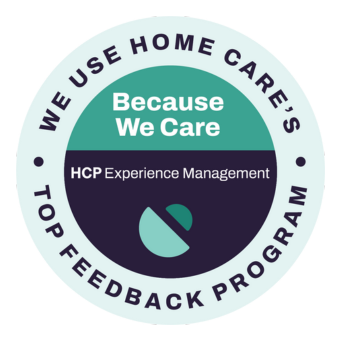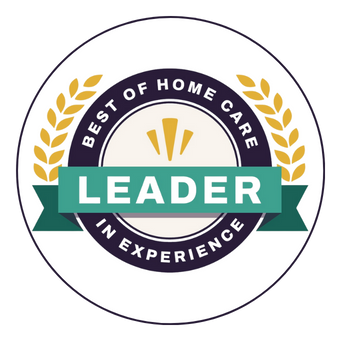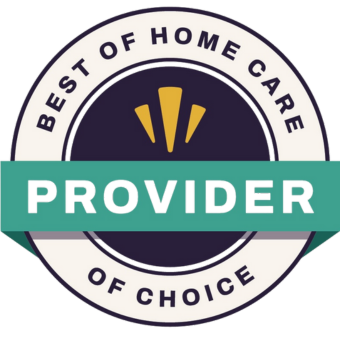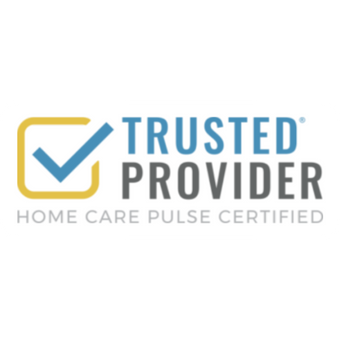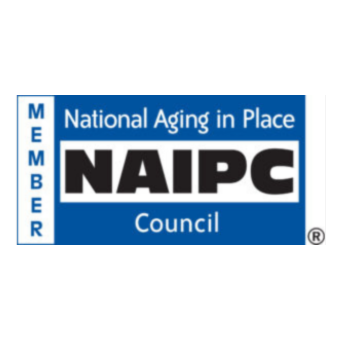Being a long-distance family caregiver can be almost as effective as being right there with your elderly family member, but it can sometimes leave you feeling disconnected. These techniques can help you to bridge that gap.
Meet Everyone Involved in Her Care.
Because you live farther away, it’s possible that by the time you are stepping in as a family caregiver, your senior has already needed some care. There may be medical specialists or home care providers that you haven’t met yet. If possible, it’s important to do what you can to be able to meet these folks in person. This helps you to establish a relationship that will assist you as your aging adult’s care continues.
Establish Relationships with Neighbors and Friends.
If you haven’t already, this is also a great time to establish some relationships with your senior’s neighbors and friends. The reason these relationships are important is that there may be a time when you’ll need someone to be able to be with your elderly family member or let you know what is happening. This is especially vital if you don’t have other family members in the area.
Set up a Schedule for Keeping in Touch.
Routines can really help you to stay on target with your goals and your own responsibilities. They also give your senior something that she can rely on. Set up a schedule of regular times and days of the week when you and your senior will communicate, either by phone or video chat. You can also factor in regular check-ins with her medical team, if necessary.
Understand that You’ll Need to Adjust at Times.
As your life changes and as your senior’s life and health change, you may find that you need to be more or less involved as a long-distance caregiver. Keep in mind that this is normal and not something that should cause you worry or concern. If you’re starting to feel guilty, stop and assess whether there is something that you could be doing differently. Don’t beat yourself up if you’re already doing everything that you can, however.
Staying involved and informed are your two most powerful tools during this complicated part of your caregiving journey.


